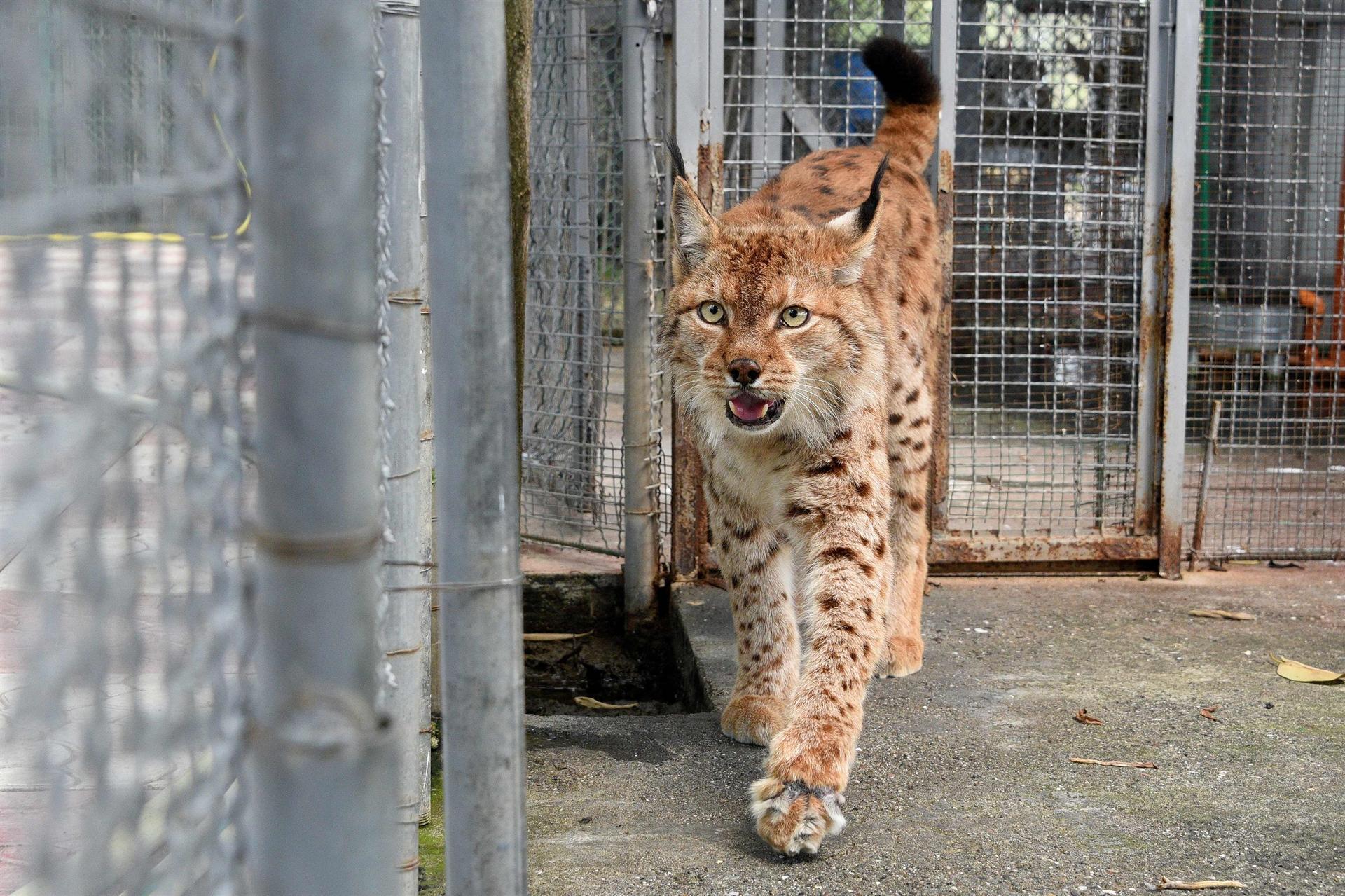Folkloric and a national symbol: Saving the Balkan Lynx
TIRANA - AFP

In Albania, legend has it that staring into the almond-shaped eyes of the Balkan Lynx renders you blind. But today, sightings of the rare wildcat have become so unlikely that conservationists have raised a red flag about its future.
Only about 40 individuals of the animal still roam the mountains of Albania and neighboring Macedonia, according to estimates by the International Union for Conservation of Nature (IUCN), which in 2015 classed the "Lynx lynx balcanicus" as critically endangered.
Since 2006 a regional initiative has been under way aimed at preventing the lynx from becoming extinct.
Now, Albania, Kosovo, Macedonia and Montenegro are all part of the program to expand protection zones for the Balkan Lynx, raise awareness, especially among youngsters, and combat deforestation and poaching. It is a challenge, but there are signs of hope.
"This lynx was spotted on April 16 at 3:50 a.m.", says Aleksander Trajce, head of Protection and Preservation of Natural Environment in Albania.
Examining the photograph of what looks like a big spotted cat with very pointed ears walking in the snow through the night, his excitement is obvious.
The image was captured, he explains, by dedicated cameras, set up on the mountain of Munella, in northeastern Albania.
The possible sighting of the Balkan Lynx, an adult female, is encouraging for those fighting to save it.
The number of Balkan Lynx has been falling strongly "for years", said Elvana Ramaj, the Albanian environment ministry's official in charge of biodiversity.
She said it had now reached a "critical" point for the animal's existence. In the 1970s, the region had had about 280 individual Balkan Lynxes, according to biodiversity experts. But the impact of civil unrest, an unstable socioeconomic transition, poaching and habitat destruction have all taken a toll.
Albania suffered rampant deforestation in the 1990s, destroying the habitat and hunting ground of the lynx.
Poaching has been another factor in its demise, although in Albania it is becoming increasingly rare and much less socially accepted.
In March 2015, a baby lynx was killed by a hunter in the Munella mountain forest, sparking a strong reaction throughout the country.
















